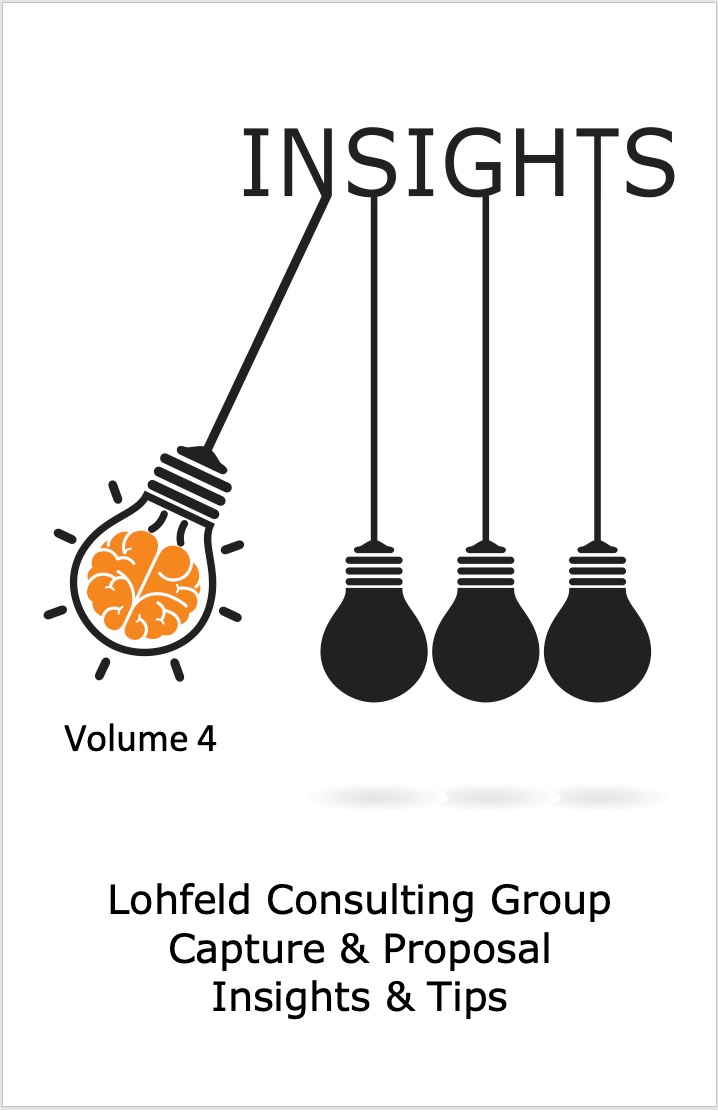The benefits of understanding dissenting perspectives
In the business world, it’s easy to rush our decisions and our conversations. How often have you been in meetings when people speak over one other, cutting in as ideas come to them? That level of intensity and quick thinking has benefits, but it can also lead to people only expressing their own thoughts instead of really understanding other perspectives in the room.
Seth Godin advises us to identify the generous skeptics in our workplaces—those people offering an opinion who have insight into our field or into our personal performance—and listen to them instead of dismissing them. As we understand these other perspectives more completely, we build a rapport with the generous critic, and we make our own ideas more robust. There really isn’t a downside, because as Godin points out, we always have time to ignore them later.
The benefits of listening and understanding our colleagues’ perspectives aren’t limited to those identified above; when we take the time to pause and engage dissenting opinions, we have increased credibility in the office that we can use to diffuse conflict, muscle through proposal roadblocks, and challenge our proposal teams to achieve more.
To illustrate, a frustrated business developer recently wrote to Washington BizJournals asking how to resolve an ongoing conflict with a colleague whose refusal to collaborate was sabotaging the business developer’s output. Advice columnist Alice Waagen explains that understanding is the keystone for resolution. By focusing on understanding the cause of a conflict instead of expressing our own frustrations, we can create a solution instead of a power-struggle.
In addition to resolving conflicts, when we store-up credibility with our colleagues by understanding their perspectives, we can strategically blow through those stores to get through roadblocks in the way of a proposal’s success. Rachel Salaman describes recent work by German psychologists who advocate using our darker emotions to our benefit in the office; one of their assertions is that if we have a reputation as an understanding and interested person, people are more likely to take us seriously when we object to someone working outside of the proposal process or imposing impossible requirements.
And finally, when we’ve built credibility through listening and understanding, we can challenge our teams to new heights. Karen Hurt writes about why we resist high achievement—harder work and personal sacrifice—as well as the benefits—quality work products, self-confidence, extrinsic rewards, and team bonding. Despite a team’s resistance, if we have a history of listening to dissenters and understanding alternate perspectives, our proposal teams will be more inclined to trust our leadership.
As you enter your meetings this week, consider slowing the pace of the discussions or circling back with colleagues off-line to discuss dissenting opinions; you can always ignore them later, and in the meantime you’ll be building credibility you can wield to resolve conflict, muscle through roadblocks, and challenge them to higher standards.
by Julia Quigley, Lohfeld Consulting Group Operations Coordinator
Paperback or Kindle
10 steps to creating high-scoring proposals
by Bob Lohfeld
contributors Edited by Beth Wingate
Subscribe to our free ebrief
Teaming friends, frenemies, and enemies—12 tips to mitigate harmful effects
Did you know that contracting officers spend up to 20% of their time mitigating disputes between teaming partners? In an informal poll we conducted on LinkedIn last month, 40% of respondents classified their teaming partners as “frenemies” on their last bid.
Explore Further
- Advice (446)
- AI (5)
- APMP (17)
- Business Development (198)
- Capture Management (197)
- Favorite Books (5)
- Go-to-Market (27)
- Graphics (6)
- Lohfeld Books (3)
- Past Performance (58)
- Post-submission Phase (15)
- Pre-RFP Preparation (211)
- Proposal Management (270)
- Proposal Production (60)
- Proposal Reviews (27)
- Proposal Writing (77)
- Pursuit Phase (89)
- Research Report (2)
- Resources (60)
- Tools & Tips (259)
- Training (10)
- Uncategorized (220)

Sign Up for INSIGHTS and Download your FREE book
We'd love to help you with your proposals. Enjoy our complimentary Lohfeld Consulting Group Capture & Proposal Insights & Tips book with your FREE subscription to our Insights Newsletter.
GET YOUR FREE BOOK




